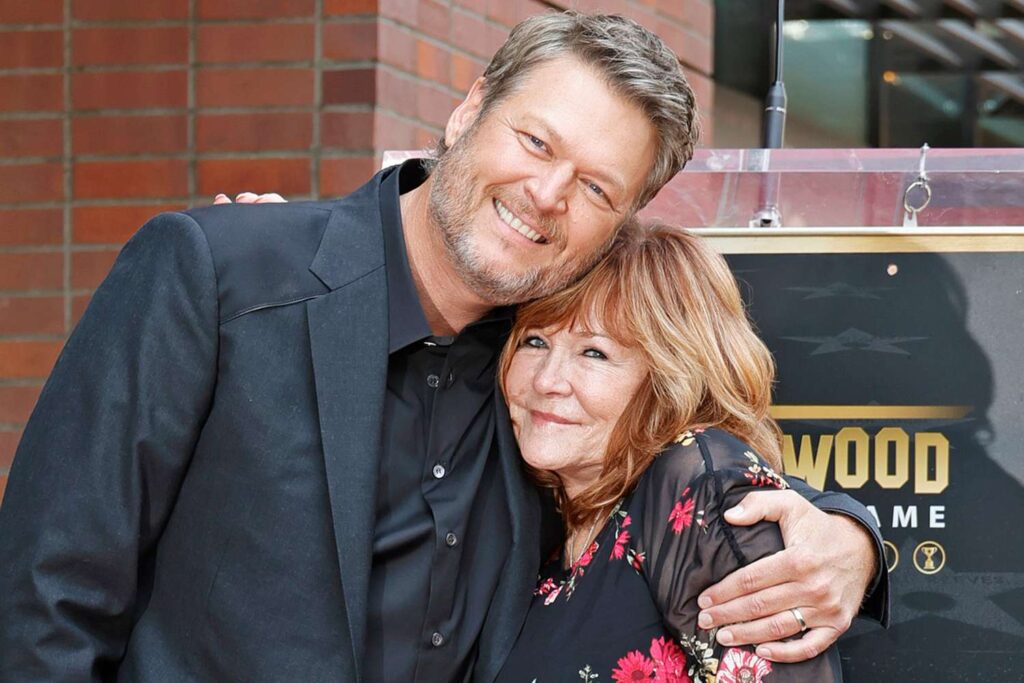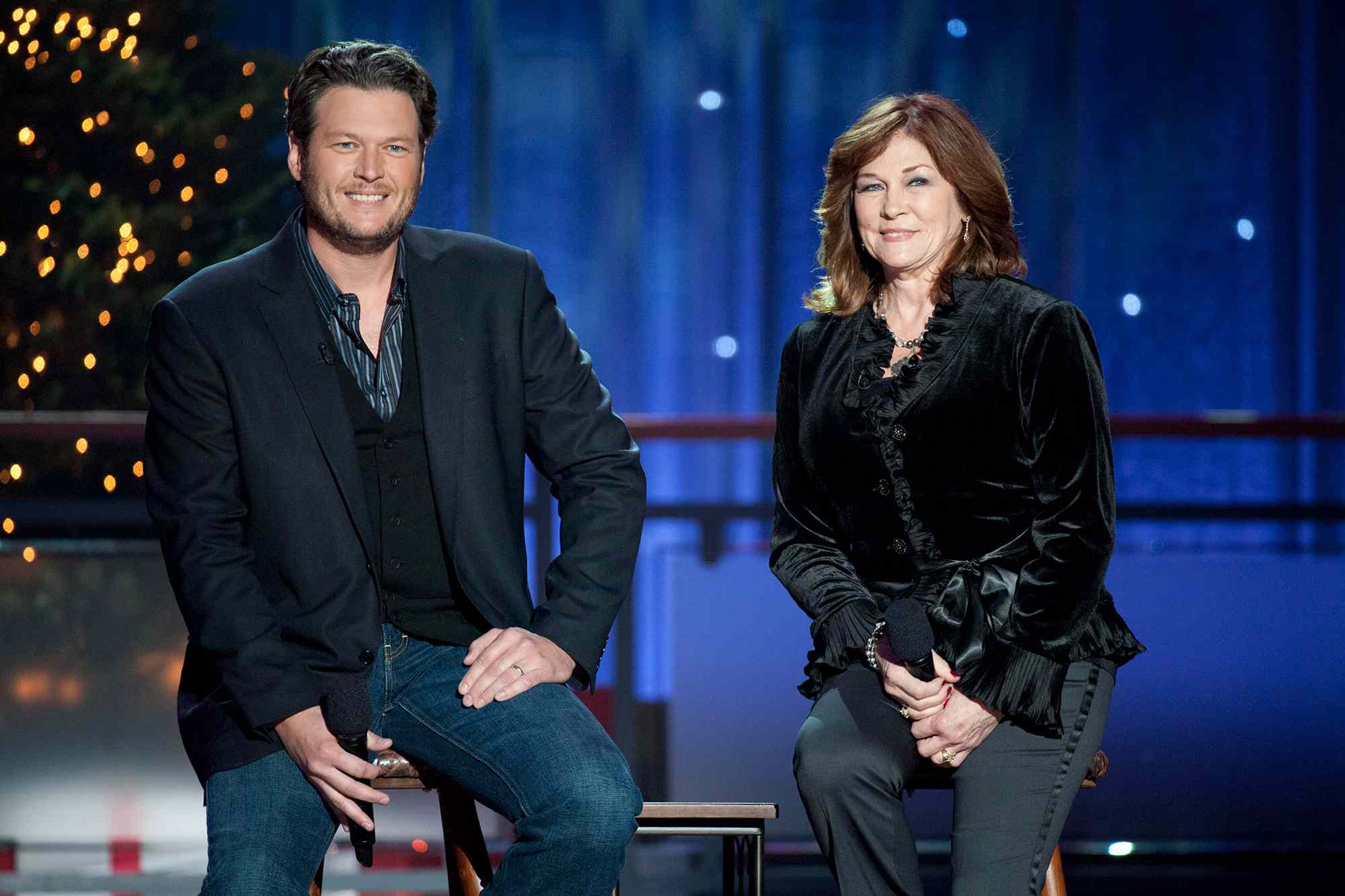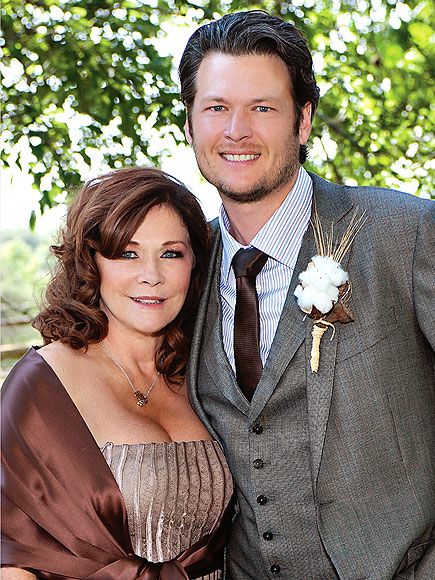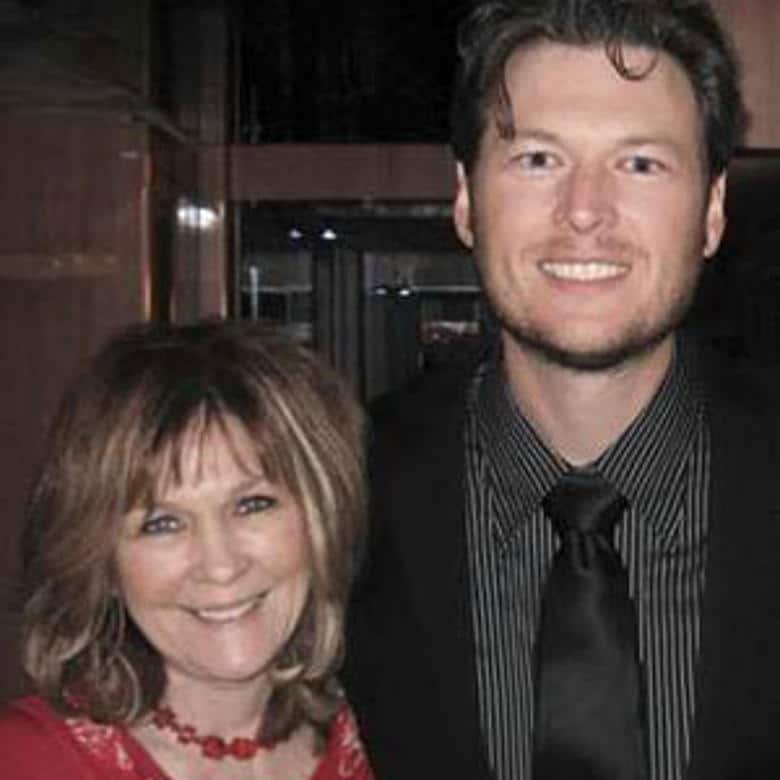Blake Shelton Almost Quit Music—Because of Beauty Pageants
Before Blake Shelton topped country charts and became a familiar face on The Voice, his journey nearly came to a screeching halt—thanks to an unlikely source: childhood beauty pageants.
Growing up in Ada, Oklahoma, Shelton’s early performances didn’t start in bars or big concert halls. Instead, his first audiences were at local school pageants. It was his mother, Dorothy Shackleford, who signed him up for them, eager to showcase her son’s budding talent. But for a young boy, standing alone onstage surrounded by girls in gowns and tiaras wasn’t exactly a confidence boost. “I was so embarrassed and humiliated,” Shelton admitted in a recent interview with Q with Tom Power. The awkwardness of it all made him question whether music was even for him.
Shelton performed rock classics like Bob Seger’s Old Time Rock and Roll and even Ted Nugent’s Cat Scratch Fever—which, at the time, he had no idea was inappropriate. “We just thought it was about a cat scratching somebody,” he joked. While the memory is laughable now, the discomfort was real then. After a handful of pageants, he stepped away from performing altogether, convinced it wasn’t for him.
But time—and a little perspective—brought him back. Around the age of 12 or 13, Shelton started singing again, this time in local country showcases that felt more true to his voice. With his mom still in his corner, driving him to every “Opry-style” event in town, he began performing covers by country greats like Travis Tritt and the Kentucky Headhunters. Slowly but surely, he found his confidence—and his calling.
Looking back, Shelton recognizes those awkward pageant performances as unlikely but important first steps. They put a microphone in his hand and taught him how to stand in front of a crowd. And they showed the world a glimpse of what was to come.
Today, his story is more than just a tale of small-town beginnings—it’s a tribute to resilience, personal growth, and the unwavering support of a mother who saw something in her son before he could see it himself. Those early pageants may not have been his stage, but they led him to one that was.




